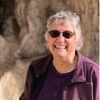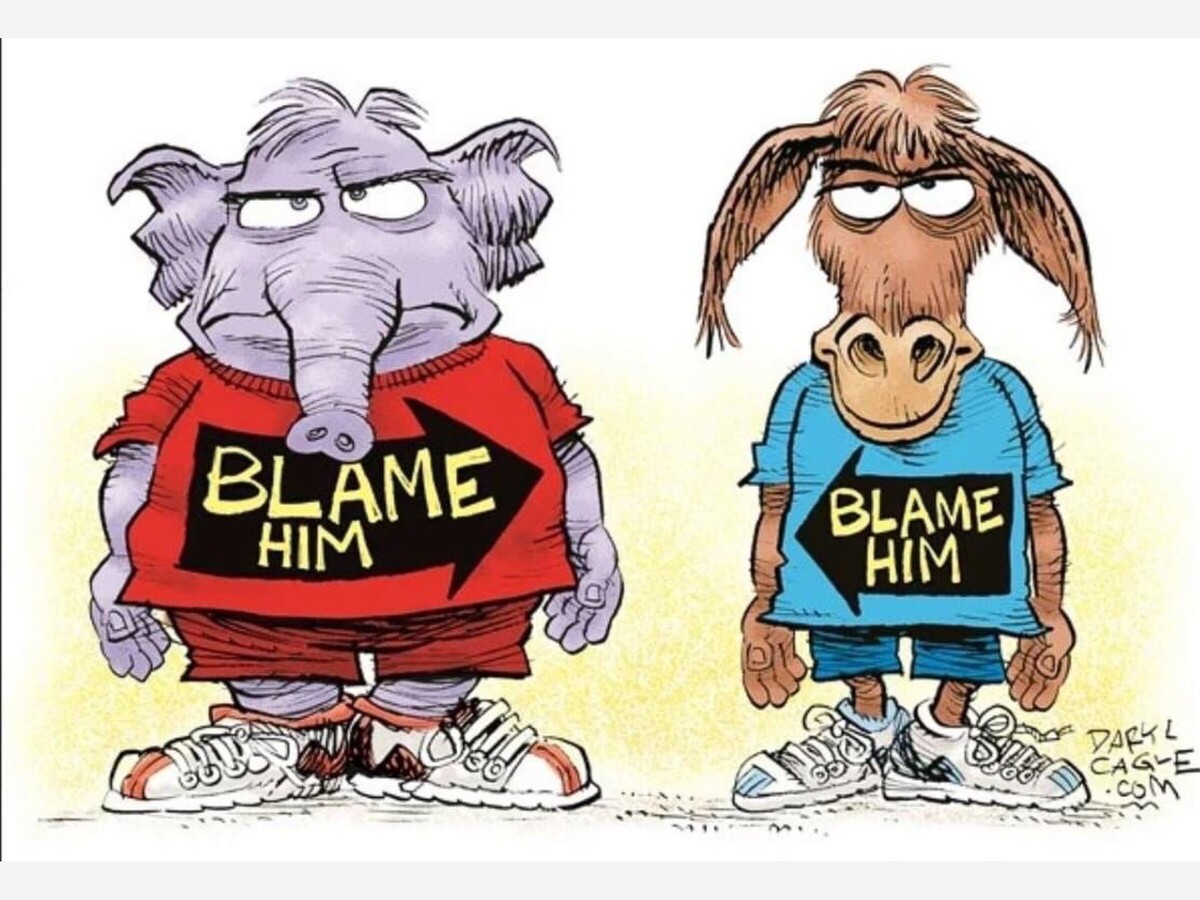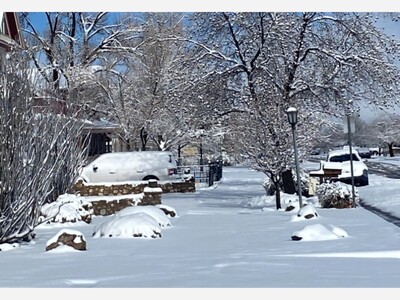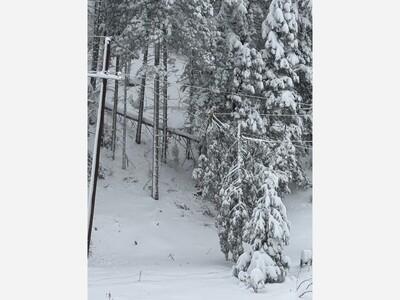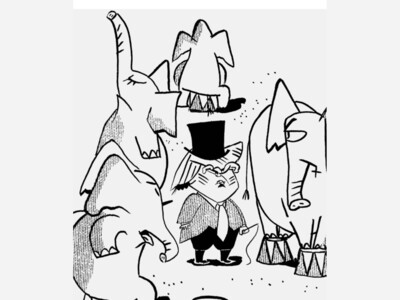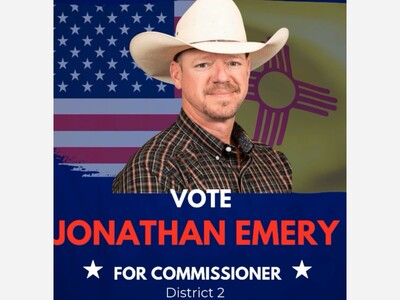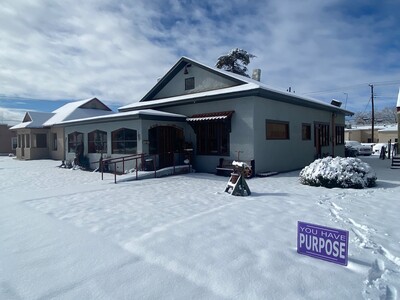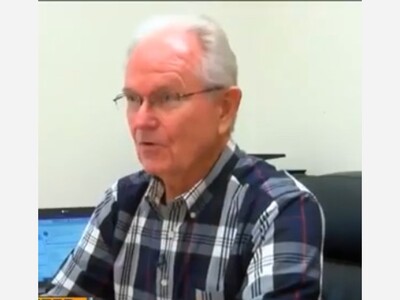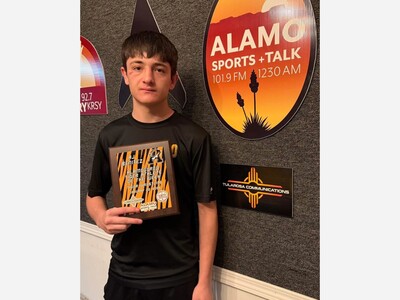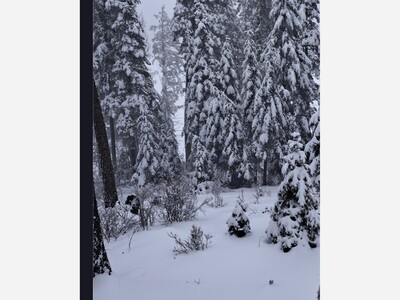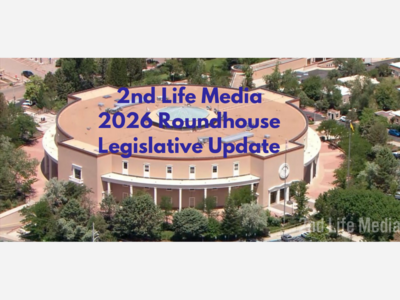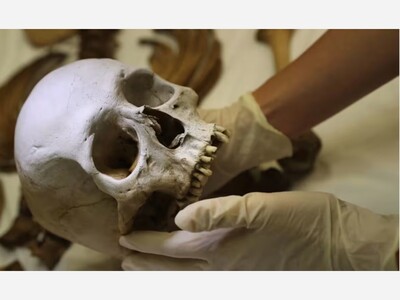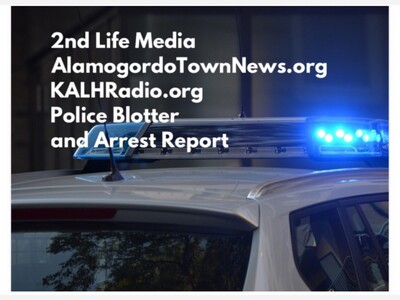Excellent commentary
There Must be Another Way
For most of my life, political discourse was an important part of identifying problems and seeking solutions for a community. While not always a courteous process it was at least partially effective. I expect this background makes me particularly prone to frustration in these days of divisiveness.
What use to be differences of opinion has shifted into all or nothing judgements of others with an escalation to generalizing, hate, and name-calling. People are not willing to listen to viewpoints other than their own. They chastise those who do which serves to further distance everyone from talking or listening. Many are silenced.
What does this serve? It has been used as a tactic to strengthen groups historically. If an external enemy can be identified, or created, there will be a strengthening of belonging and an organization of resources to advance or defend against the enemy. Often a strengthened “litmus” test is employed. Are you for or against us?
While we have experienced leadership entrenched in this kind of agenda for a number of years, political parties, even on the local level, are continuing to feed the fear-based thinking. The underpinnings of the local DPOC leadership fight are but one example. This is not limited to one party…the circling of wagons and lack of transparency around the County Fair volunteer disaster is another.
Frederick Luskin Ph.D., from Stanford has said “To become happier as individuals and as a society, we need to become more tolerant of each other, seek out a higher purpose, and give generously.”
This is a lot easier said than done given we are hard-wired for anger in stressful conditions and party hoopla and strategy being geared towards attacking the enemy. It becomes a vicious cycle with our hostility only triggering anger in an opponent.
Beyond addressing anger and working to keep it constructive vs. destructive, Luskin suggests key antidotes to divisiveness lie in the concepts of purpose and generosity. He asserts that it begins 1st with the individual and involves three strategies - recognizing our humility in our mortality, practices of appreciation and gratitude, and cultivating purpose and generosity.
In my view participation in local political parties is not the place where those strategies are primary or even supported. Perhaps the avenues of change are best found in community improvement programs, church activities, neighborhood efforts, non-profit organizations, schools, art, and collaborative projects.
I think it is a valid question to ask those wrapped up in the venom of local politics what other ways they are helping in their community….if for no other reason than it plants a seed. It also puts the 1st step in our own hands as individuals. Empowerment of oneself is something within our control not dictated by others.
We can find ways to grow a healthy caring community and it can begin with each individual. For an article on Frederick Luskin’s perspective read Healing Divisiveness at

